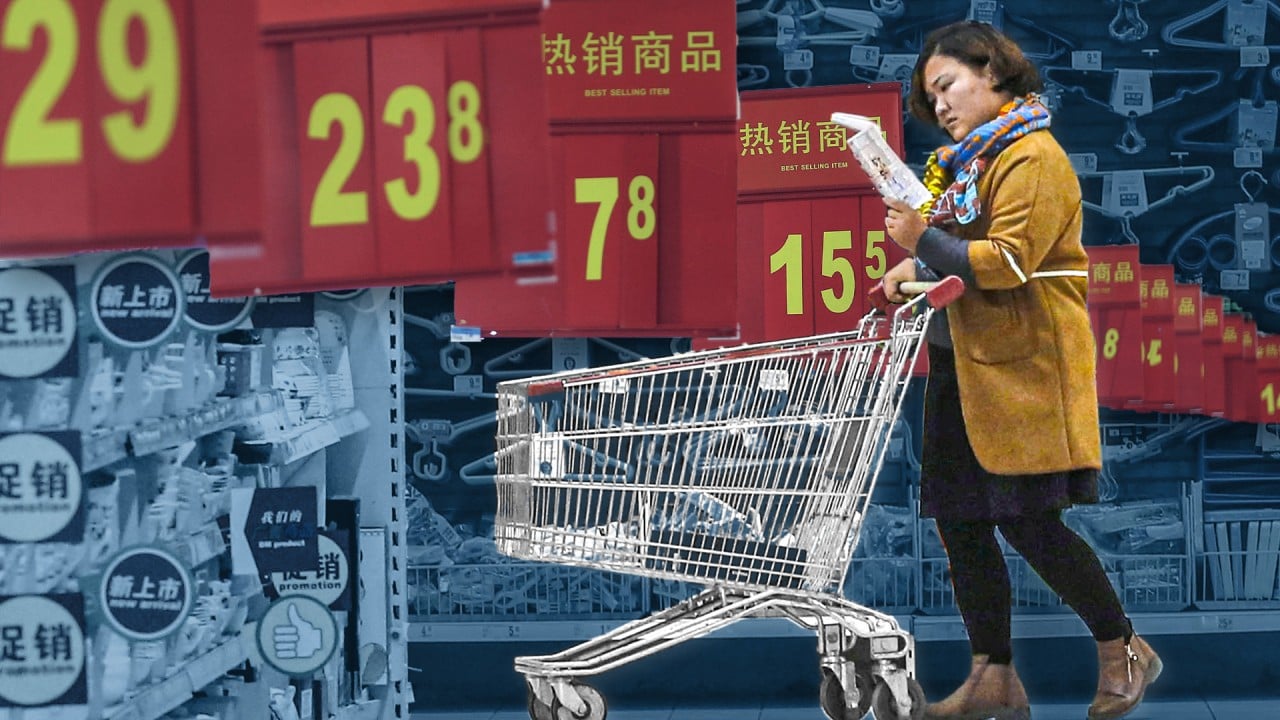Chinese retail investors, eager for returns, looked overseas – then came Monday

As China’s economy attempts a return to pre-pandemic stability, its premier indexes have reflected its struggles. Shanghai’s Composite Index has mostly remained flat in the first half of 2024, while the Hang Seng Index in Hong Kong has dropped 15 per cent from this year’s peak in May.
“I lost about 30,000 yuan (US$4,208), about four months’ pay,” said a high school teacher surnamed Zheng. A resident of Suzhou, a city in China’s east close to financial capital Shanghai, Zheng put some of his savings into the Huaan Mitsubishi Japan-Econ 225 ETF – the Chinese fund which suffered the deepest drop on Monday, falling more than 10 per cent.
The loss is small compared to what I have wasted on A shares since 2021
The fund Zheng bought into was launched by Huaan Securities in February and backed by the authorities of the neighbouring province of Anhui, with Bank of China as its trustee.
He said he would wait to see if the Japanese market could rebound, as he believed Japan could have stronger economic fundamentals.
“I don’t think I could end up being stuck in the worst of both worlds. I will still bet on overseas markets,” he said. “But I am also watching the domestic economy closely to see if there is any real opportunity … I’m not putting all my eggs in one basket.”
On Tuesday, Japan swiftly recouped most losses as shares and sentiment across major Asian bourses stabilised.
Olivia Wang, a 30-year-old from mainland China who works in Hong Kong’s consultancy industry, saw the value of her cryptocurrency portfolio tumble 30 per cent in the turmoil, which also embroiled those assets.
“It was very depressing on Monday when I saw such a sharp decline in the Japanese market and crypto,” Wang said. “It was panicking, especially when you saw [bad] news popping up every few minutes.”
That despondency did not last forever, she said. “Compared with some friends who were forced to sell, I still consider myself lucky as I didn’t have leverage in my portfolio.”
A young lawyer in Hefei, Anhui’s capital, said she had put nearly a third of her assets in bitcoin since 2018 and that she had no plans to unwind her portfolio despite Monday’s implosion.
“Bitcoin’s valuation is low, but it represents a trend. The US is expected to start a rate cut cycle in September, which will begin a stage of asset repricing and appreciation. My expectation is an annualised compound return of 20 per cent.”
Optimistic investors, even those licking their wounds, have speculated some upward momentum may materialise for A shares, although China’s fundamentals are still perceived as weak.
The Hang Seng Index dipped 0.3 per cent to 16,647.34 at the close of Tuesday trading, erasing a rally of as much as 1.3 per cent, while the Shanghai Composite Index added 0.2 per cent.
“With the expectation of maintaining and increasing the value of Chinese assets, more capital will be attracted to flow back, replenishing medium-term liquidity,” said Industrial Securities analyst Guo Jiayi in a research note.
Source link




